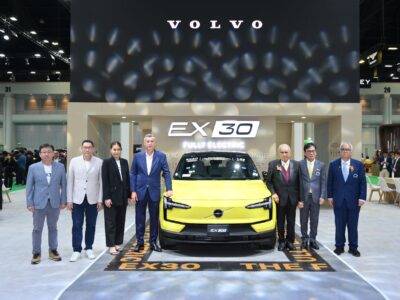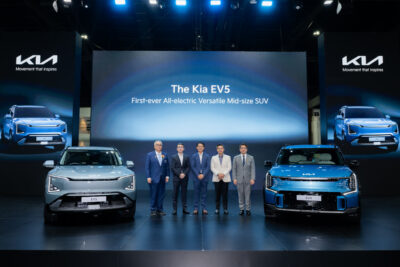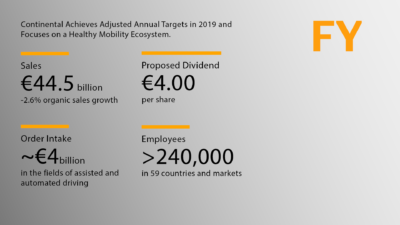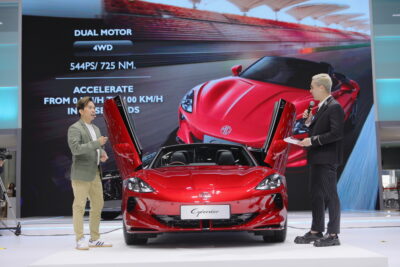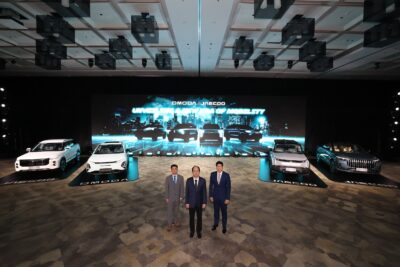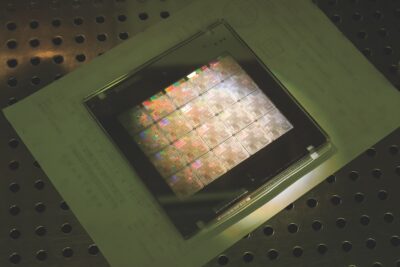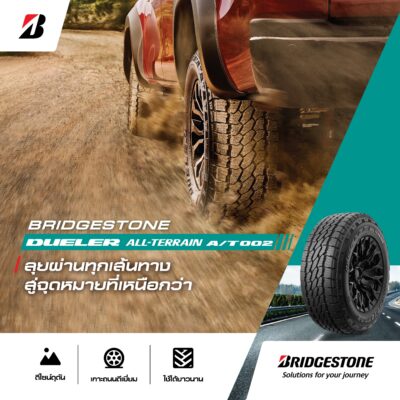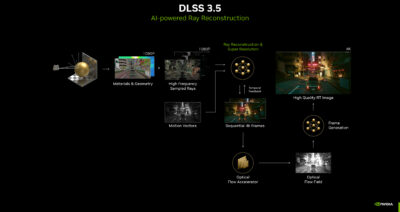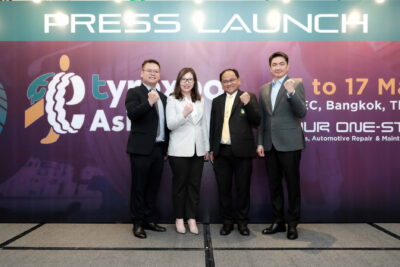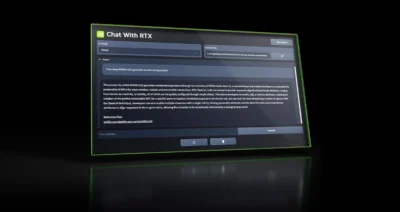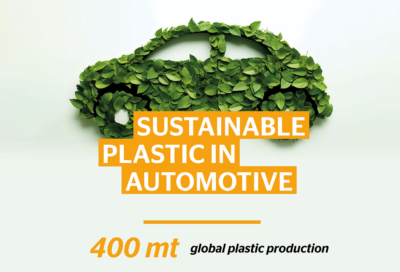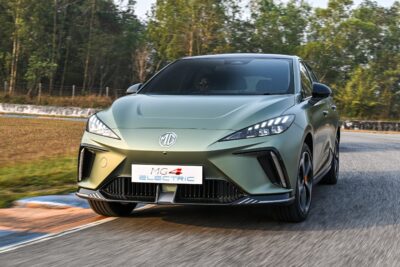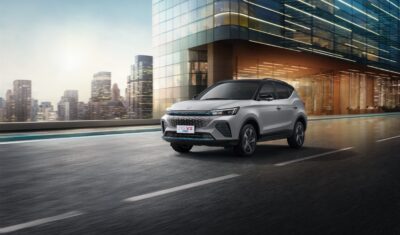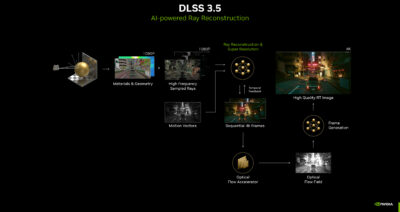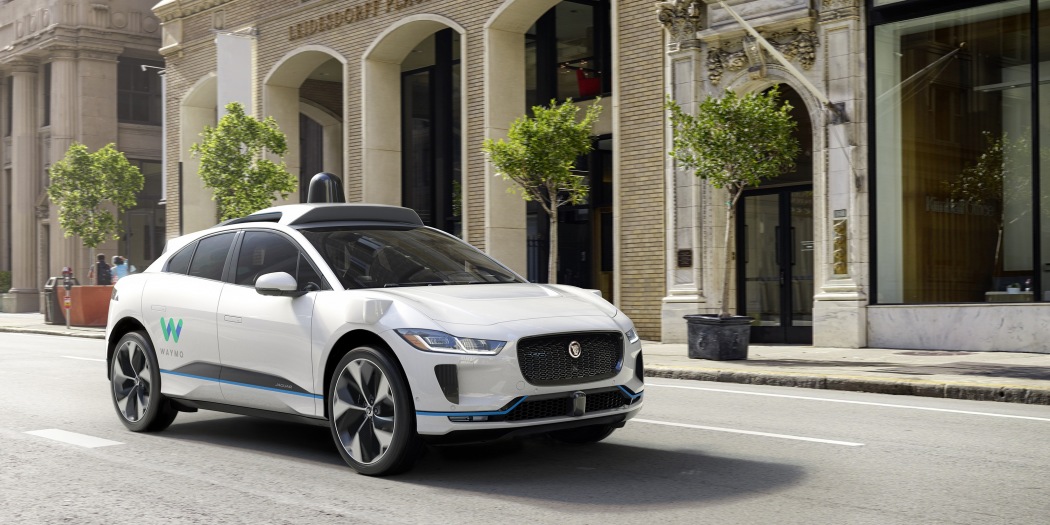
The agency believes the technology is too nascent to begin rolling out regulations.
The National Highway Traffic Safety Administration has brushed off calls for more immediate regulation over autonomous vehicles.
The fatal crash involving Uber’s autonomous prototype car sparked pleas from safety advocates who claim there needs to be more rules and oversight to protect the public.
“At this point the technology is so nascent I don’t think it is appropriate today to regulate this technology,” said NHTSA deputy administrator Heidi King in an interview with Bloomberg. “It’s not there yet, but each and every day we are open to identifying when the time is right.”
Fatal accidents involving semi-autonomous or fully self-driving vehicles are still rare. Such incidents grab a disproportionate share of attention compared to the thousands of fatal accidents involving traditional manually-driven cars each year, however.
Many experts have supported a more hands-off approach, arguing that overregulation could slow the rollout of technology that will ultimately slash the rate of accidents caused by driver error.
“In the grand scheme of things in saving lives, impaired drivers and flawed human choices are still the big problems we need to solve as a nation,” King opined.

The agency believes the technology is too nascent to begin rolling out regulations.
The National Highway Traffic Safety Administration has brushed off calls for more immediate regulation over autonomous vehicles.
The fatal crash involving Uber's autonomous prototype car sparked pleas from safety advocates who claim there needs to be more rules and oversight to protect the public.
"At this point the technology is so nascent I don't think it is appropriate today to regulate this technology," said NHTSA deputy administrator Heidi King in an interview with Bloomberg. "It's not there yet, but each and every day we are open to identifying when the time is right."
Fatal accidents involving semi-autonomous or fully self-driving vehicles are still rare. Such incidents grab a disproportionate share of attention compared to the thousands of fatal accidents involving traditional manually-driven cars each year, however.
Many experts have supported a more hands-off approach, arguing that overregulation could slow the rollout of technology that will ultimately slash the rate of accidents caused by driver error.
"In the grand scheme of things in saving lives, impaired drivers and flawed human choices are still the big problems we need to solve as a nation," King opined.







